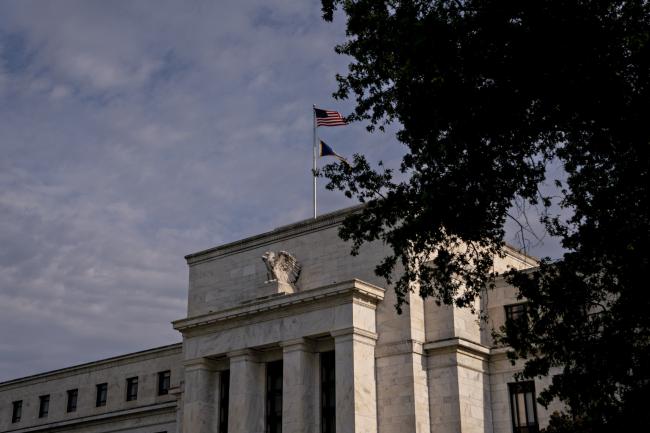(Bloomberg) -- Welcome to Friday, Asia. Here’s the latest news and analysis from Bloomberg Economics to help get you through to the weekend:

- Trade-policy uncertainty is holding back global economic growth and may extend into 2020, according to a Fed research note that puts some hard numbers on an argument the bank has made for months
- U.S. jobs data due Friday may be inflated by Census Bureau hiring for the 2020 count. Carl Riccadonna echoes the potential for misleadingly robust results
- From quiet beaches in Bali to empty rooms in Hanoi’s hotels, pangs from China’s economic malaise and weakening yuan are being felt across Southeast Asia’s vacation belt
- Mario Draghi’s bid to reactivate bond purchases in a final salvo of stimulus is being threatened by the biggest pushback on policy ever seen during his eight-year reign. David Powell reckons the ECB hawks’ campaign against QE is likely to be futile
- Meantime, Riksbank has a history of having its plans to raise interest rates dashed by bigger powers and it looks like it’s about to repeat itself
- The Bank of Canada held firm to its narrative that it won’t be in any rush to cut interest rates unless it sees clear signs of economic deterioration at home
- Hong Kong is seeing an increase in capital outflows in response to ongoing demonstrations
- Britain’s parliamentarians voted in favor of forcing Prime Minister Boris Johnson to delay Brexit by three months to Jan. 31 if he can’t get a deal agreed. Would a delay take a no-deal Brexit off the table? Far from it, says Jamie Rush as he looks at the potential economic consequences
- The Swiss National Bank’s policy of negative rates remains essential and it’s not possible to predict how long such an expansive stance will be necessary, according to President Thomas Jordan